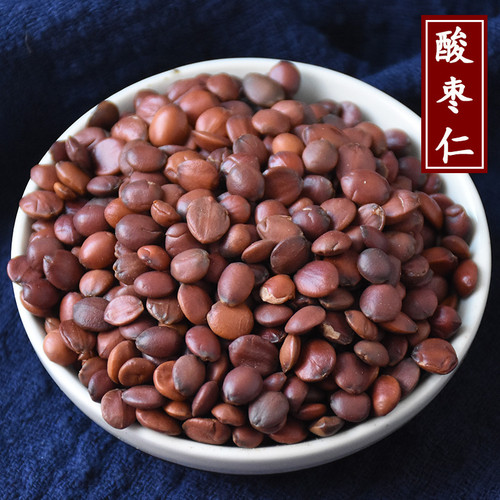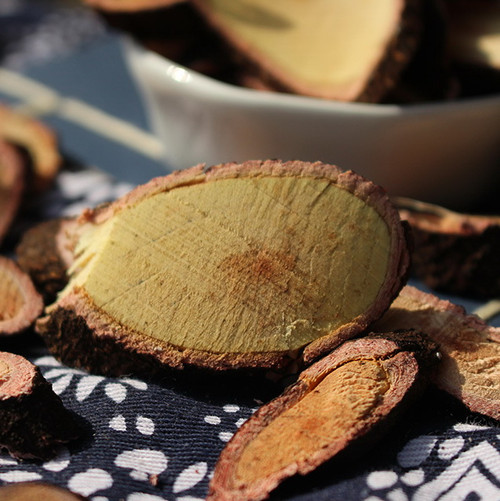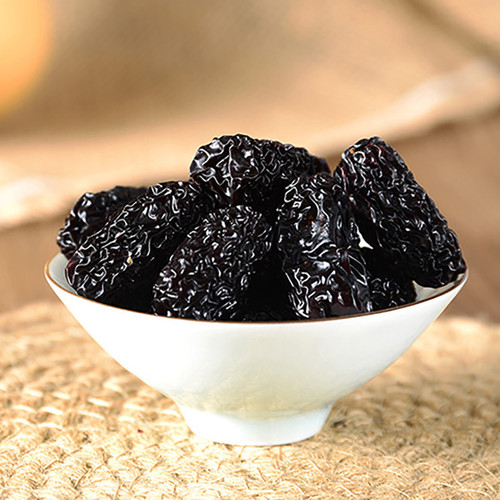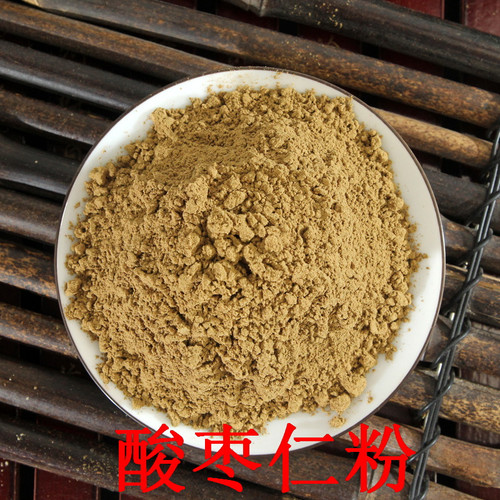Product Overview
Parts used: Dried ripe fruit
TCM category: Tonic herbs for Qi Deficiency
TCM nature: Warm
TCM taste(s): Sweet
Meridian affinity: Spleen Stomach
Scientific name: Ziziphus jujuba
Other names: Red date, Chinese date, Korean date, Indian date
Use of jujube dates (Da Zao) in TCM
Please note that you should never self-prescribe TCM ingredients. A TCM ingredient is almost never eaten on its own but as part of a formula containing several ingredients that act together. Please consult a professional TCM practitionner, they will be best able to guide you.
Preparation: Harvest when the fruit is mature, remove impurities and dry.
Dosage: 10 - 30 grams, this roughly calculates to 2 - 10 dates
Main actions according to TCM*: Tonifies the Spleen and Stomach Qi. Tonifies the Blood. Calms the Shen (spirit). Moderates the actions of other herbs in formula.
Primary conditions or symptoms for which jujube dates may be prescribed by TCM doctors*: Insomnia Palpitations Restlessness Loss of appetite Fatigue Diarrhea
Contraindications*: Should not be used when there are conditions of Dampness, Food Stagnation, intestinal parasites and dental diseases.
Common TCM formulas in which jujube dates are used*:
For rheumatism, muscular pains and spams or lumbago combine jujube dates with notopterygium roots (Qiang Huo), turmeric (Jiang Huang), milkvetch roots (Huang Qi), dong quai (Dang Gui), red peony roots (Chi Shao), saposhnikovia roots (Fang Feng), fresh ginger (Sheng Jiang) and liquorice (Gan Cao).
For coronary heart disease, rheumatic heart disease, myocarditis, arrhythmia, hyperthyroidism or neurasthenia combine jujube dates with ginseng (Ren Shen), liquorice (Gan Cao), unprepared rehmannia (Di Huang), dwarf lilyturf roots (Mai Dong), hemp seeds (Huo Ma Ren), cinnamon twigs (Gui Zhi) and fresh ginger (Sheng Jiang).
For harmonizing Internal and External symptoms, Cold and Heat, Excess and Deficiency and treating associated symptoms (common cold, influenza, pneumonia, indigestion, nervous exhaustion, etc.) combine jujube dates with bupleurum roots (Chai Hu), crow-dipper rhizomes (Ban Xia), white peony roots (Bai Shao), baikal skullcap roots (Huang Qin), ginseng (Ren Shen), cinnamon twigs (Gui Zhi), fresh ginger (Sheng Jiang) and liquorice (Gan Cao).
For Deficient Wind-Cold Exterior condition with symptoms such as colds, flu, fever, headache, intolerance to Wind and Cold or spontaneous perspiration combine jujube dates with cinnamon twigs (Gui Zhi), white peony roots (Bai Shao), fresh ginger (Sheng Jiang) and liquorice (Gan Cao).
For conditions such as anemia, weakness, tiredness, irregular menses caused by exhaustion or postpartum recovery combine jujube dates with ginseng (Ren Shen), atractylodes rhizomes (Bai Shu), poria-cocos mushrooms (Fu Ling), liquorice (Gan Cao), dong quai (Dang Gui), szechuan lovage roots (Chuan Xiong), prepared rehmannia (Shu Di huang), white peony roots (Bai Shao) and fresh ginger (Sheng Jiang).
Use of jujube dates (Da Zao) as food
Jujube dates are also eaten as food. It is used as an ingredient in dishes such as Jujube Date Jam or Rice congee with jujube.







